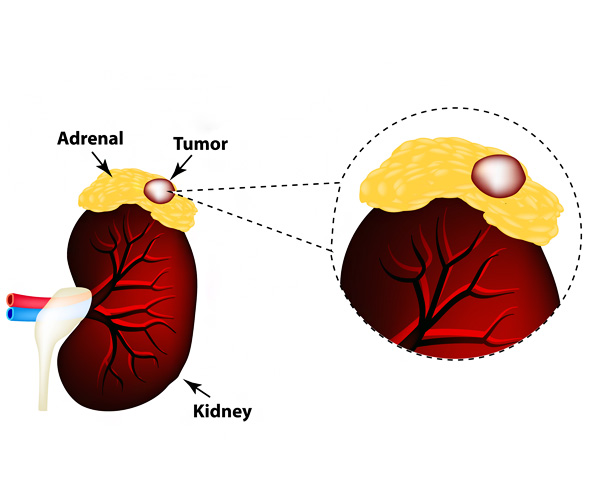
Adrenal Tumours
Adrenal tumors are growths in the adrenal glands, which may be benign (adenomas) or malignant (adrenocortical carcinoma). Symptoms vary depending on hormone production and can include high blood pressure, weight gain, and fatigue. Diagnosis involves blood and imaging tests. Treatment options include surgical removal, medication to manage hormone levels, and sometimes chemotherapy or radiation for malignant tumors. Early detection is key for effective management and improved outcomes.
Pheochromocytoma
Pheochromocytoma is a rare, usually benign tumor of the adrenal glands that overproduces adrenaline. Symptoms include high blood pressure, headaches, sweating, rapid heartbeat, and anxiety. Diagnosis involves blood and urine tests for elevated catecholamines and imaging studies like CT or MRI scans. Treatment primarily involves surgical removal of the tumor. If left untreated, it can cause severe cardiovascular complications. Early diagnosis and management are crucial for preventing potentially life-threatening issues and ensuring recovery.
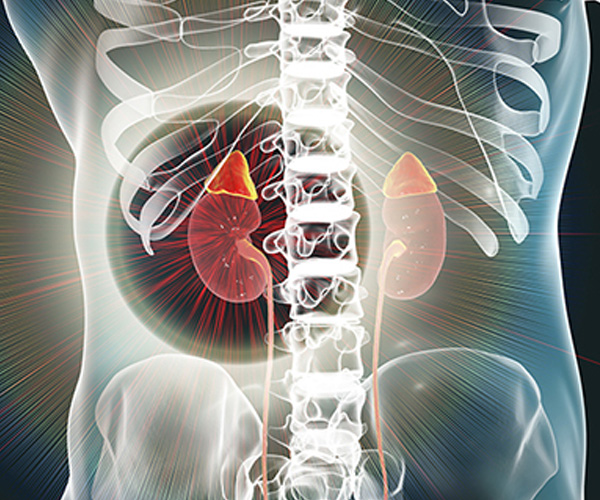
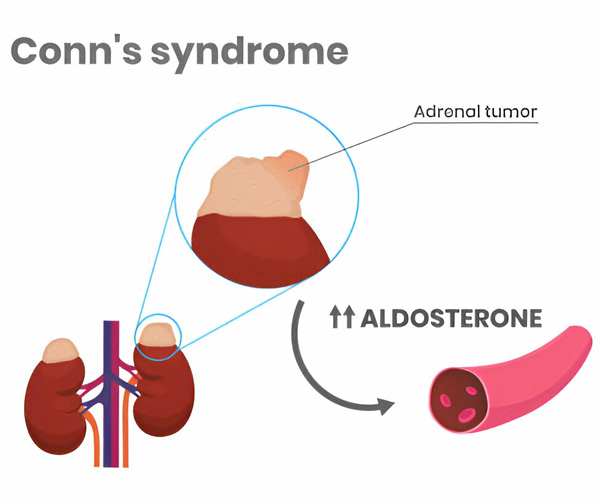
Conns Syndrome
Conn's syndrome, or primary hyperaldosteronism, is a condition where the adrenal glands produce too much aldosterone, leading to high blood pressure and low potassium levels. Symptoms include muscle weakness, fatigue, and headaches. Diagnosis involves blood tests and imaging. Treatment options include medication, lifestyle changes, or surgical removal of the overactive adrenal gland for definitive management./p>
Adrenal Cysts
Adrenal cysts are fluid-filled sacs in the adrenal glands, often discovered incidentally during imaging for other conditions. They are usually benign and asymptomatic but can sometimes cause symptoms like abdominal pain or hormonal imbalances if they grow large. Diagnosis involves imaging studies, such as ultrasound or CT scans. Most cysts require no treatment, but symptomatic or large cysts may need surgical removal or monitoring to ensure they do not cause complications.
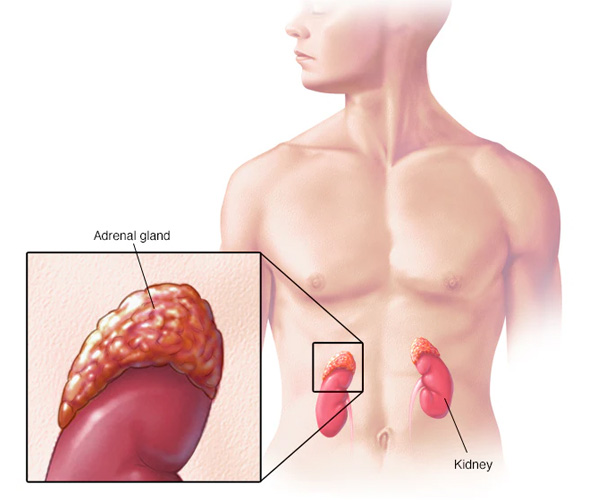
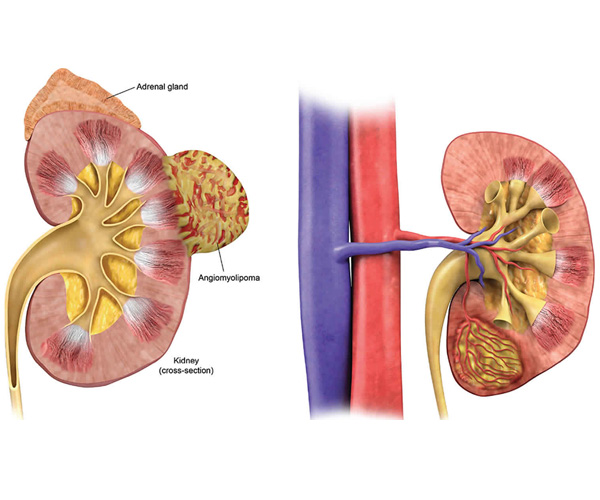
Angiomyolipoma
Angiomyolipoma is a benign tumor composed of blood vessels, smooth muscle, and fat, typically found in the kidneys. It often causes no symptoms but may lead to abdominal pain or bleeding if large. Diagnosis is via imaging studies like ultrasound or CT scans. Treatment is usually observational, but surgical removal may be necessary for symptomatic or large tumors.
Adrenocortical Cancer
Adrenocortical cancer is a rare, aggressive cancer originating in the adrenal cortex. It can cause excess hormone production, leading to symptoms like weight gain, high blood pressure, and abdominal pain. Diagnosis involves imaging tests (CT or MRI), blood tests, and biopsy. Treatment often includes surgery to remove the tumor, and may also involve chemotherapy or radiation for advanced cases. Early detection is crucial for improving outcomes.
